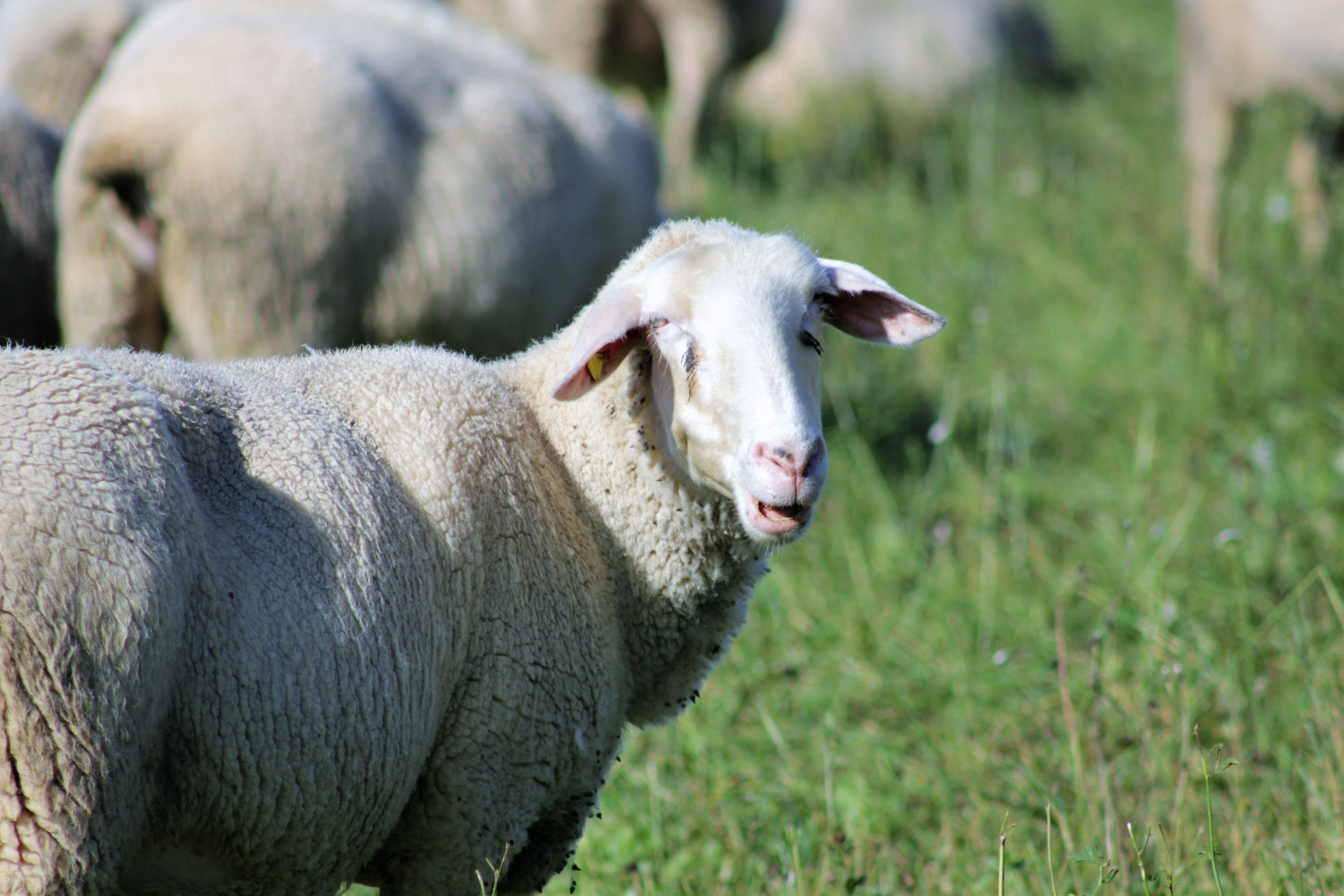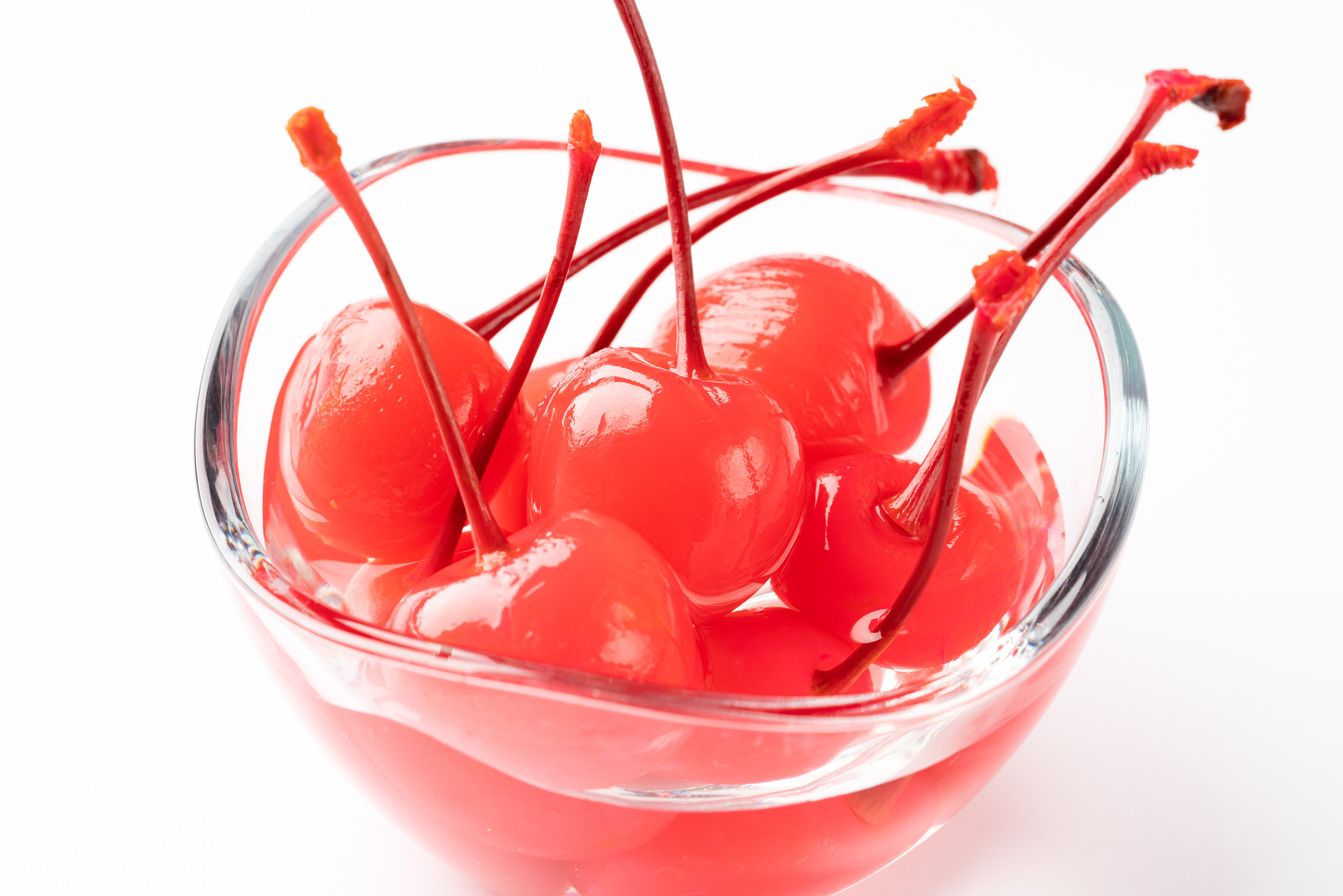Whether it’s a birdfeeder on an apartment terrace or a corn feeder for backyard deer, many people enjoy attracting wildlife with the offer of food. But experts say doing so can have dangerous consequences for both animals and humans.
According to a wildlife biologist for the Pennsylvania State Game Commission, feeding sites bring many different kinds of animals into the same small area, which can turn into a hotbed for disease transmission and parasites. For instance, scientists suspect a fatal disease affecting deer known as Chronic Wasting Disease is spread by exposure to urine, saliva, and feces—all of which get mixed together when animals congregate at feeders.
Your own safety is also a reason not to feed wild animals. After all, wild animals are not pets. In Grand Canyon National Park, food-seeking squirrels bite more people than any other animal. Plus, when you provide animals with food, you teach those animals to associate humans with food. This can make them more likely to get hit by cars, get into altercations with children or pets, and ultimately, have to be put down by wildlife managers.
But what about birdfeeders? Are these still OK? While it may seem like common sense not to feed a grizzly or an alligator, the question of whether to feed backyard birds is a bit trickier. Especially since food put out for birds can also attract many other creatures. Just like any other kind of food station, birdfeeders can be culprits in spreading of disease—especially if they aren’t kept clean. But bird feeders canna also be boon for diversity. In a recently published study, researchers found that people are seeing a more diverse array of bird species in backyards now than they did in the 1970s. And this change has coincided with the evolution of the birdfeeder market. So, if you do place a birdfeeder in your yard, just make sure to keep it clean.












